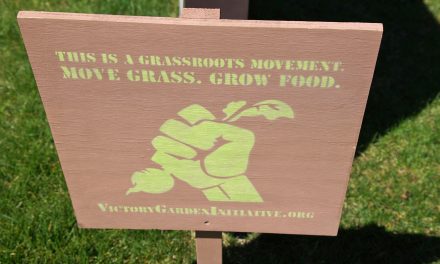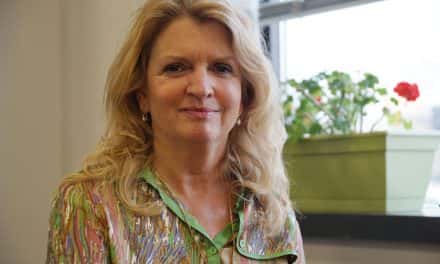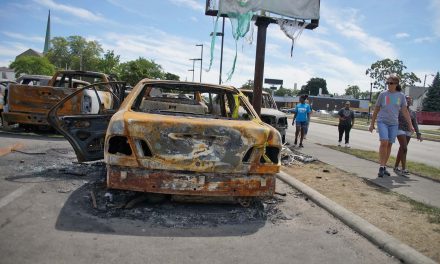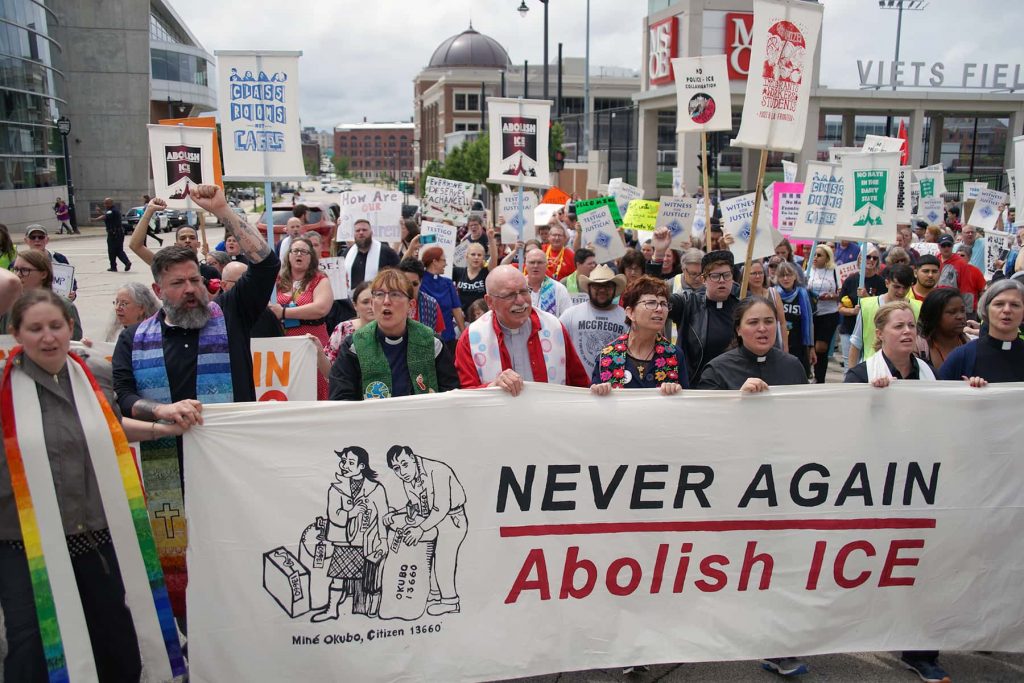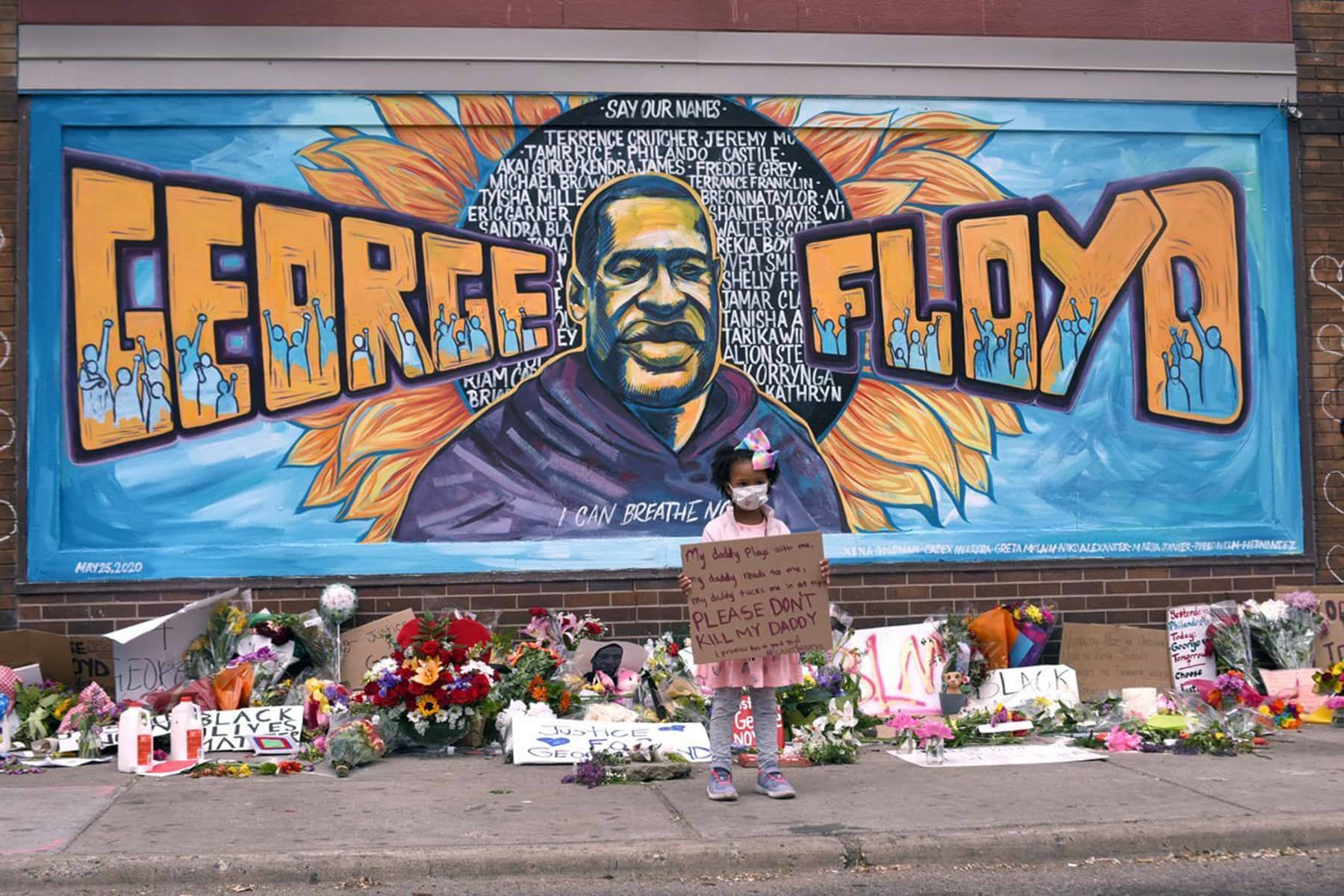
In an essay published on June 1, former President Obama wrote that the protests sweeping the nation – in response to the death of George Floyd – have the opportunity to represent a “turning point for real change” as long as activists channel their anger into “peaceful, sustained, and effective action.” On a local level, County Executive David Crowley and Common Council President Cavalier Johnson shared their views of the situation, encouraging the Milwaukee public to show restraint in their expressions.
“How to Make this Moment the Turning Point for Real Change” – Barak Obama
As millions of people across the country take to the streets and raise their voices in response to the killing of George Floyd and the ongoing problem of unequal justice, many people have reached out asking how we can sustain momentum to bring about real change.
Ultimately, it’s going to be up to a new generation of activists to shape strategies that best fit the times. But I believe there are some basic lessons to draw from past efforts that are worth remembering.
First, the waves of protests across the country represent a genuine and legitimate frustration over a decades-long failure to reform police practices and the broader criminal justice system in the United States. The overwhelming majority of participants have been peaceful, courageous, responsible, and inspiring. They deserve our respect and support, not condemnation – something that police in cities like Camden and Flint have commendably understood.
On the other hand, the small minority of folks who’ve resorted to violence in various forms, whether out of genuine anger or mere opportunism, are putting innocent people at risk, compounding the destruction of neighborhoods that are often already short on services and investment and detracting from the larger cause. I saw an elderly black woman being interviewed today in tears because the only grocery store in her neighborhood had been trashed. If history is any guide, that store may take years to come back. So let’s not excuse violence, or rationalize it, or participate in it. If we want our criminal justice system, and American society at large, to operate on a higher ethical code, then we have to model that code ourselves.
Second, I’ve heard some suggest that the recurrent problem of racial bias in our criminal justice system proves that only protests and direct action can bring about change, and that voting and participation in electoral politics is a waste of time. I couldn’t disagree more. The point of protest is to raise public awareness, to put a spotlight on injustice, and to make the powers that be uncomfortable; in fact, throughout American history, it’s only in response to protest that the political system has even paid attention to marginalized communities. But eventually, aspirations have to be translated into specific laws and institutional practices – and in a democracy, that only happens when we elect government officials who are responsive to our demands.
Moreover, it’s important for us to understand which levels of government have the biggest impact on our criminal justice system and police practices. When we think about politics, a lot of us focus only on the presidency and the federal government. And yes, we should be fighting to make sure that we have a president, a Congress, a U.S. Justice Department, and a federal judiciary that actually recognize the ongoing, corrosive role that racism plays in our society and want to do something about it. But the elected officials who matter most in reforming police departments and the criminal justice system work at the state and local levels.
It’s mayors and county executives that appoint most police chiefs and negotiate collective bargaining agreements with police unions. It’s district attorneys and state’s attorneys that decide whether or not to investigate and ultimately charge those involved in police misconduct. Those are all elected positions. In some places, police review boards with the power to monitor police conduct are elected as well. Unfortunately, voter turnout in these local races is usually pitifully low, especially among young people – which makes no sense given the direct impact these offices have on social justice issues, not to mention the fact that who wins and who loses those seats is often determined by just a few thousand, or even a few hundred, votes.
So the bottom line is this: if we want to bring about real change, then the choice isn’t between protest and politics. We have to do both. We have to mobilize to raise awareness, and we have to organize and cast our ballots to make sure that we elect candidates who will act on reform.
Finally, the more specific we can make demands for criminal justice and police reform, the harder it will be for elected officials to just offer lip service to the cause and then fall back into business as usual once protests have gone away. The content of that reform agenda will be different for various communities. A big city may need one set of reforms; a rural community may need another. Some agencies will require wholesale rehabilitation; others should make minor improvements. Every law enforcement agency should have clear policies, including an independent body that conducts investigations of alleged misconduct. Tailoring reforms for each community will require local activists and organizations to do their research and educate fellow citizens in their community on what strategies work best.
But as a starting point, I’ve included two links below. One leads to a report and toolkit developed by the Leadership Conference on Civil and Human Rights and based on the work of the Task Force on 21st Century Policing that I formed when I was in the White House. And if you’re interested in taking concrete action, we’ve also created a dedicated site at the Obama Foundation to aggregate and direct you to useful resources and organizations who’ve been fighting the good fight at the local and national levels for years.
I recognize that these past few months have been hard and dispiriting – that the fear, sorrow, uncertainty, and hardship of a pandemic have been compounded by tragic reminders that prejudice and inequality still shape so much of American life. But watching the heightened activism of young people in recent weeks, of every race and every station, makes me hopeful. If, going forward, we can channel our justifiable anger into peaceful, sustained, and effective action, then this moment can be a real turning point in our nation’s long journey to live up to our highest ideals.
Let’s get to work.
“Statement on the continuing Civil Unrest in Milwaukee County” – County Executive David Crowley
County Executive Crowley released the following statement concerning the multiple days of protests and unrest surrounding the murder of George Floyd and the continued brutalization of black men and women in America:
A fundamental tenant of the American idea is that every person has the freedom to make their voice heard. What we have seen over the past few days is not random, unjustified unrest. What we are seeing are marginalized groups of people making their voices heard in a society that tries harder every day to render them voiceless.
Change is desperately needed. The murder of Mr. Floyd was another in a long line of unacceptable, unjustifiable, and indefensible killings of black men and women at the hands of police. The status quo is unsustainable. We need fundamental change in the way we handle police-community relations, the way we treat communities of color, and the way we allow each and every person in our society to make their voice heard in our democracy.
“We have started this process in Milwaukee County by committing to achieve racial equity and ensuring that every decision made at the county level is made through the lens of racial justice. But that’s not enough.
I read an interview with a young black man taking part in a protest elsewhere in America last week. He said, ‘I’ve written my Senator. I’ve written my Congressperson. I’ve called my state senator, my state representative, my city council member. Nothing h as changed. I just don’t know what to do anymore.’ What we have seen the past few nights is the result of our communities who bear the brunt of each and every one of our societal ills being ignored and marginalized for far too long. What we have seen is the result of these communities – of which I am part – not knowing what to do anymore. What we have seen is the voiceless reclaiming their voice.
We need to make sure our black siblings, parents, children, and neighbors are no longer scared for their lives when they leave the house. They have been telling our establishments of power that change is needed for decades. It is time to listen to them.
At the same time, we need to stop the gerrymandering, stop the voter suppression, and stop the denial of participation in the political processes for our black and brown communities. It’s all connected; when large swathes of our community are disenfranchised and rendered voiceless, they will make their voices heard from other avenues. And this unrest is one such avenue.
The time for change is always now. I stand with my brothers and sisters who are making their voices heard and hope that the events of this weekend will serve as a turning point in this nation when it comes to race relations and how we treat our fellow Americans.
“In Milwaukee we need reforms and better communication, accountability” – Common Council President Cavalier Johnson
The throat under that knee could have been mine. It could have been yours. His name was George Floyd. He had two daughters. With some of his final breaths, he called out for his recently passed mother. The people of Minneapolis already had a long list of names: David Smith, Philando Castile, Terrance Franklin, Jamar Clark, and Justine Ruszczyk were either shot or suffocated by their local police. Every city in the United States of America has such a list.
In Milwaukee we remember, among others: Joel Acevedo, Derek Williams, Sylville Smith, Dontre Hamilton, Frank Jude, and Ernest Lacy. Because of those memories, and based on what we saw in that video from South 38th Street in Minneapolis, many of us took to the streets over the course of the last several days and nights.
I can’t say what was in everyone’s mind or heart who marched and drove through so many neighborhoods this past weekend, but I know that the organized portions – which lasted until past dark – were peaceful, heartbroken, and righteous. Those of us who represent this city need to heed their call to action as they utilize their first amendment rights enshrined in the constitution. I encourage our citizens to utilize these rights to speak out against injustices — especially systemic injustices that consistently result in the loss of life for black and brown people.
We need major reforms now that will hold our police more accountable when they harm us instead of protect us. Some of these changes can be done immediately within two City departments: the Fire and Police Commission and the Milwaukee Police Department itself.
Our discipline process needs to be swift, consistent, and transparent — and needs to send a message to all officers and citizens that not just the offenders will be punished, but also those officers who stand by and do nothing, and especially those officers who file false, misleading, or incomplete reports afterward. In some cases our hands are tied by state laws, and those laws will also need to change. Everyone in the state of Wisconsin deserves to feel protected, not threatened, by the armed force of the law.
If the cynical mayhem that occurred after the organized protests and well past midnight taught us anything, it’s that we all need the police — and their job is a dangerous one. More than 20 stores were looted and one of our police officers was shot. The burning and looting of a neighborhood pharmacy only creates an undue hardship for seniors who rely on it for prescription drugs. Destroying a grocery store only leads to less access to foods that our community needs for the nourishment of our bodies. Setting fires only turns the narrative from the reason for protests to the ashes left in their wake. Such violence is unacceptable no matter what inspired it. Fortunately our wounded officer is expected to make a full recovery.
As we strive for a better, safer, and more just city, we must find common cause. Hopefully these reforms are something everyone in this city and state can get behind: because transparent, ethical policing will make all of us all safer, no matter what color our uniform or our skin. None of us want to see protests turn violent, and none of us want to have so much to protest. Let George Floyd’s name be the last. Let his death not be in vain.
In such, we must continue pressing on toward that brighter day. I am looking forward to working with my colleagues and others to implement the following strategies and others to help Milwaukee heal and create more trust between our community and those who swear to protect and serve it:
- Request that the Fire and Police Commission immediately work with the Milwaukee Police Department to train officers on positional asphyxiation to prevent an incident like what happened in Minneapolis from happening in Milwaukee
- Introduce a resolution requesting the State of Wisconsin mandate that law enforcement officers who are suspended or charged with a violent offense on-duty or not, cease receiving a salary while under investigation
- Request that the mayor work with the community to get the Fire and Police Commission to nine members
- Request the Fire and Police Commission implement more robust complaint tracing, in order to bring the management of citizen complaints in line with the recommendations of the Crime and Justice Institute in fulfillment of the ACLU settlement agreement
- Request that the Fire and Police Commission ensure that there are proactive, early intervention processes and procedures in place to address complaints, investigations, and patterns of behavior in officers
- Request that there is a full review of all complaints and investigations on file to look for unaddressed patterns in behavior and gaps in supervisory monitoring and oversight
- Request that the Milwaukee Police Department engage with local leaders to discuss community-oriented strategies to address unrest
- Request that the Fire and Police Commission redouble its recruitment efforts in our neighborhoods so that our fire and police agencies are more reflective of the communities that they serve
Request appropriate departments report progress on and expedite the implementation of strategies to address systemic violence, as requested by the community and outlined in the Blueprint For Peace, including:
- Continue law enforcement training in the areas of crisis intervention, fair and impartial policing, and procedural justice
- Expand implicit bias and micro-aggression reduction and de-escalation training to include first responders, mental health providers, community health workers, and other partners
- Provide increased opportunities for government-community partnerships and trust-building
- Sustain and expand existing community-oriented and problem-solving policing efforts, with the goal of building and strengthening relationships, trust, and legitimacy throughout the community

